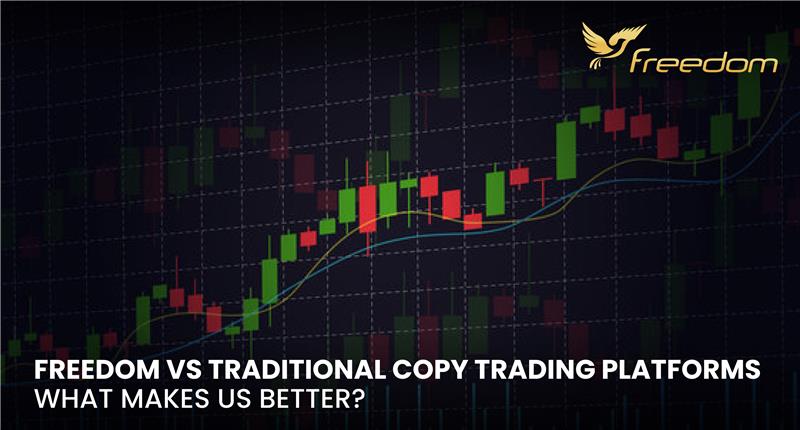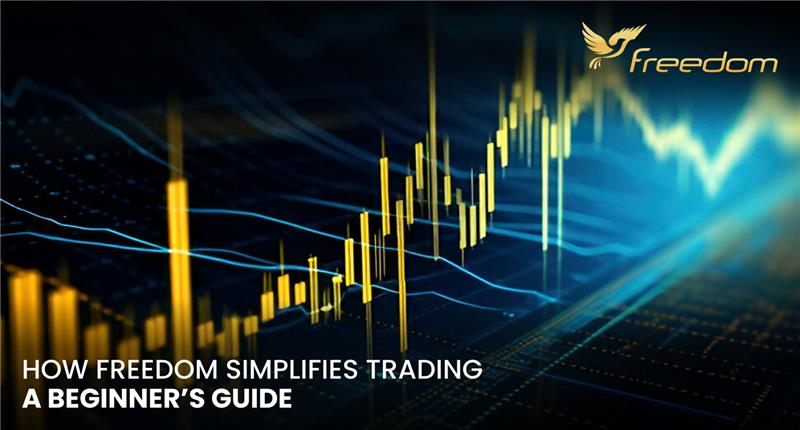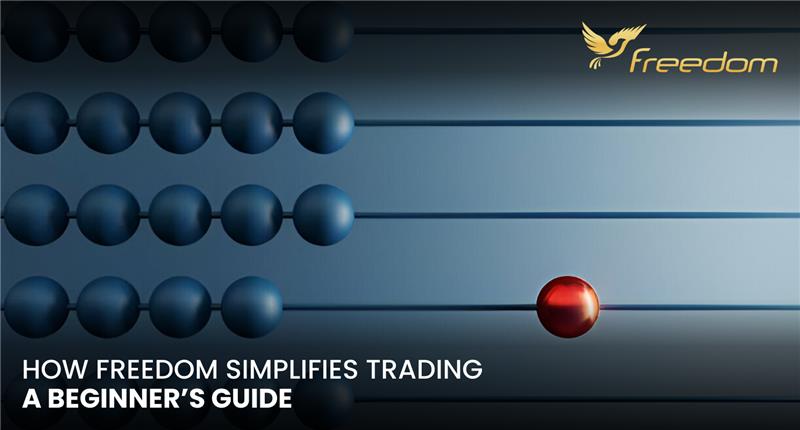What is Futures Contract Expiration?
In this segment of the trading industry, the countdown clock is the expiration of futures contracts. It signifies the final day of trading a futures contract before its expiration. Following this date, the conditions of the agreement dictate whether the contract is settled in cash or by the actual delivery of the underlying asset.
Why futures contracts expire?
A futures contract has an expiration date, just like a loaf of bread or a carton of milk. By using monetary settlement or physical delivery, expiration guarantees that all obligations are fulfilled and completed. It lowers risk and maintains market order.
Contracts with no set expiration date would be unenforceable, which would lead to uncertainty and raise the possibility of market manipulation. The expiration date functions as a clearing mechanism, so relieving the market of responsibilities and facilitating a new beginning.
Expiration dates are also essential for hedging purposes. To hedge against the fluctuations in asset values in the spot market, hedgers invest into futures contracts. They are interested in futures because they can provide stability and risk management, rather than necessarily making money.
Hedgers can match their hedges to a particular future financial requirement or obligation by using the expiration date of a futures contract. For producers or consumers who are hedging against changes in the price of commodities like metals, oil, or agricultural products, this is especially crucial. To establish a more precise and efficient hedge, hedgers can select futures contract whose expiration date coincides with their anticipated need.
Assume you are a farmer who has just put in a crop of corn and plans to harvest it in six months. You fear that by then, grain prices may have dropped, giving you less money to pay your bills. You can enter a forward hedge to guard against this risk by selling a futures contract that expires when the corn is planted, which is six months from now.
By doing this, you essentially create a guaranteed selling price for the future by locking in a price for your corn today. Should corn prices drop, the profits from the futures contract will more than make up for the value loss on your crop. If not, you will receive less for your maize than you would have without the price increase.
The Process of Futures Contract Expiration
The expiration date is a built-in deadline by which the seller and the buyer must complete their respective tasks. Upon the expiration of a futures contract, settlement is due.
There are two ways to go about this:
Payment in Cash
Instead of having to deal with the inconvenience of delivering a truckload of soybeans or moving bars of gold, the transaction is settled in some markets in cash. The difference between the contract price and the market price on expiration date is the cash amount. For futures contracts on financial instruments like indices, this is typical.
- Final trading day: Trading ends and settlement starts on the last trading day of any cash-settled contract.
- Price determination: Depending on the conditions of the contract, the ultimate settlement price is typically determined by a particular computation or by averaging prices over a predetermined time.
- Involvement of the clearinghouse: For each position, the clearinghouse determines the difference between the final settlement price and the original contract price.
- Adjustment of accounts: Next, gains or losses are credited to or deducted from each trader’s associated margin account.
- Contract closure: Following the completion of the monetary settlement, the parties to the contract are no longer obligated to each other, and the contract is deemed closed.
Delivery in Person
In some markets, the physical products are transferred after the contract expires. If you have an agreement to purchase 1,000 barrels of oil, for instance, the barrels will be delivered to the address mentioned in the agreement.
- Notice of intent: The seller notifies the clearinghouse, who in turn notifies the buyer, of their intention to deliver as the expiration date draws closer.
- Delivery time and place: The conditions of the contract include the precise location of the delivery point as well as the delivery window.
- Inspection: To make sure the goods fulfil the terms of the contract, they are usually tested for quality upon delivery.
- Payment and transfer: After the commodity has been examined and accepted, ownership of it is transferred from the seller to the buyer at the agreed-upon delivery price. Payment is typically made by a letter of credit.
- Contract closure: The agreement is deemed resolved and concluded once the tangible products have been delivered and money has been received.
The Effect of Trading Positions Expiration Dates
A contract’s price may fluctuate more as its expiration date approaches. Six The reason for this is that traders are competing with one another to get out of contracts or roll them over to a new expiration date. Because the stakes and risks are higher during this time, it calls for careful attention.
When a futures contract gets closer to expiration, the market’s liquidity may likewise decrease. When a contract is set to expire, many traders would rather not take on new positions, which could make it difficult to execute large orders at advantageous pricing.
The convergence of the futures price and the spot price of the underlying asset is an interesting occurrence that takes place as a futures contract approaches expiration. This occurs because of the diminishing arbitrage opportunities, which compel the futures price to approximate the current market price.
Conclusion
Gaining a solid understanding of futures contract expiration is like mastering a game’s rules. It’s essential to both your success and preventing unanticipated losses. If you stay focused on the time and get ready for the last bell, you should be able to successfully negotiate the complex yet lucrative world of futures trading. For more detailed blogs and informative articles, follow us on our social media.




